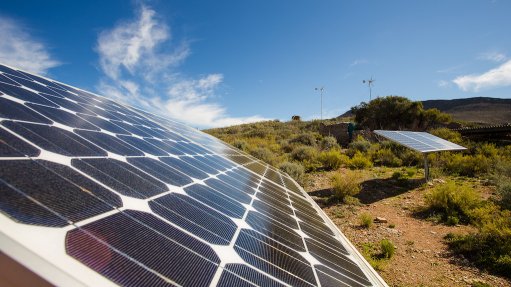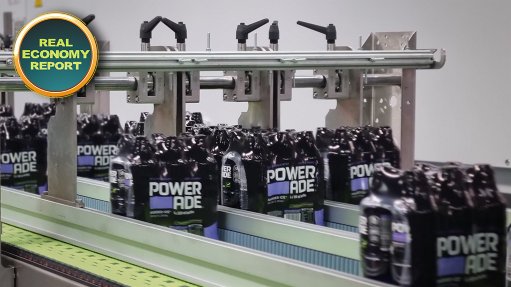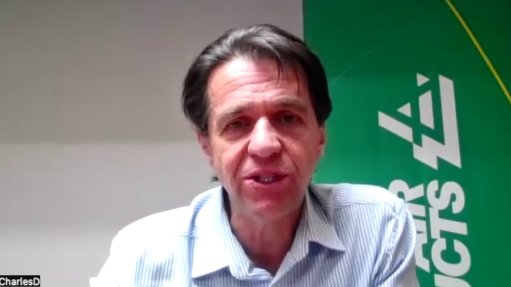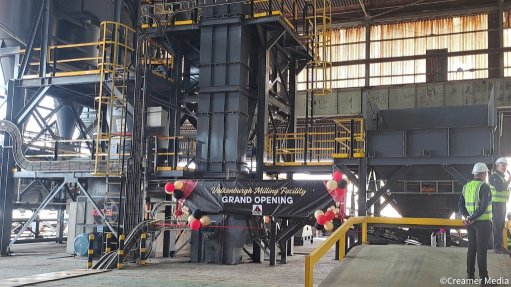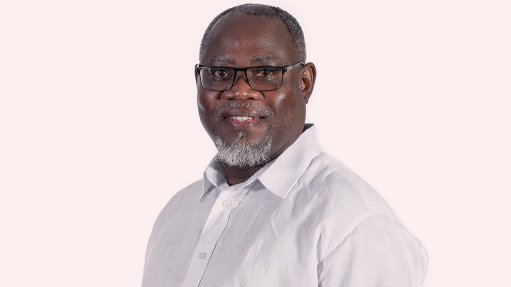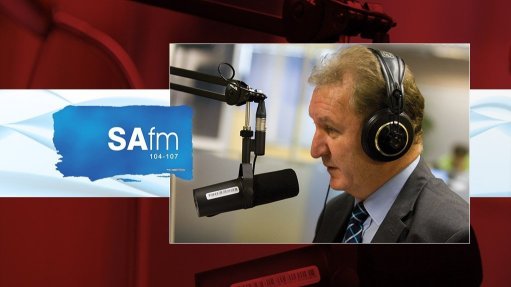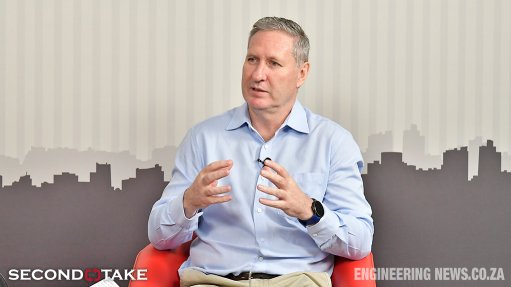Risk and Insurance in a Shifting Energy Market
This article has been supplied.
Regaining energy security through renewable energy.
The narrative surrounding climate change has brought near-universal targets concerning Environmental, Sustainability and Governance (ESG) to the fore with both internal and external pressures driving the need for organisations to demonstrate their commitment to various green objectives.
And while this trend is growing, the ongoing events in Ukraine have focused an uncomfortable light on energy security and the stability of the global energy supply chain. “Global players are making positive strides in finding sustainable solutions, while South Africa has had very real struggles on this front, with the government needing to reassess its policy commitments in order to navigate an energy system in crisis,” says Jacques De Villiers, General Manager Inland Region at Aon South Africa.
“To alleviate the negative impact on businesses, households and the economy, there will be a need to focus on securing short-term energy security needs, whilst simultaneously maintaining a commitment to mid and longer-term transition goals to find a flexible middle ground,” De Villiers adds.
From an insurance perspective, the market will continue to provide coverage solutions during the retirement and reuse of existing infrastructure, acknowledging the fact that it will take time. The writing is however on the wall, with large reinsurers ceasing to write upstream oil and gas business as of 2023, reducing capacity in the insurance market and raising the question of whether others will follow. Coverage for coal-based operations is increasingly being measured by clients providing a confident outline that details a concise retirement plan, with the actual cash value and time until retirement affecting coverage solutions.
Renewable Projects and Insurance Solutions
The sheer scale and urgency of renewable energy projects required in a South African context, brings significant and complex risks into play for onshore wind energy, solar energy (photovoltaic, concentrated and thermal installations) and bioenergy (biomass, biogas and waste-to-energy plants) solutions, that span across financial requirements, right through to contractual liabilities and the debt financing models required.
And while the energy market is undergoing a fundamental shift, the implementation of new and prototypical technology also opens the door for increased volatility. Current insurance market trends in the onshore renewable energy market includes:
- Premium – Forecast increases for premium rates in 2023 for assets with good loss rations, proven technology and low natural catastrophe exposure is 5% - 15%.
- Limits – A considerable reduction in natural catastrophe limits due to increased claims from natural perils with insurers increasingly limiting their exposure.
- Deductibles – Subtle increases in terms of Delay in Start-up (DSU) insurance and Business Interruption (BI) deductibles given global supply chain issues and a certain increase of focus from carriers on project scheduling and lead times.
- Coverage – Some underwriters have signalled they will seek the inclusion of wildfire mitigation clauses to manage their exposure to this natural peril.
- Capacity – There is still substantial capacity available in the onshore market with oil and gas insurers and conventional power insurers moving into the sector.
- Claims – Claims trends remain stable outside of significant losses during severe weather events, including hailstorm losses on solar of more than $100m during 2022.
It is important that an insurance and risk advisor has a deep understanding of the financial sensitivities in the cash-flow model of the project in order to design the most efficient insurance programme.
“One of the most crucial areas that we are increasingly involved in from an insurance broking point of view, is the traditional pre-construction risk advice which includes liaising with lenders and contractors, including lawyers and insurance advisers, to enable effective contract negotiation. For the developer, it is essential to have a risk partner who is involved in the contract negotiations to avoid potential pitfalls that can be very costly if risk and insurance issues are not considered early enough during contract negotiations. By being involved in the negotiations, we’re able to marry the insurances to the risk and indemnity clauses that flow from the contracts,” Jacques explains.
It is essential to find a broker that offers a risk advisory service as well as legal risk management advice where necessary to find solutions that add value and are efficiently aligned with your organisation’s needs and plans. Any risk management solution incorporated should aim to:
- Identify and quantify possible risks.
- Provide a qualified solution.
- Track and measure such solution effectiveness.
- Offer a holistic solution that doesn’t operate in isolation from the bigger picture.
Risk control and risk transfer strategies that are incorporated from the outset of any energy project need to be well-ventilated through vulnerability and impact assessments. “Take the time and make the effort to work through tangible risks such as fire, safety, security and environmental risks; as well as non-tangible risks such as replacement values, Environmental, Social and Governance (ESG) issues, supplier dependency and liability, to name a few. When these risks are incorporated into an integrated risk consulting solutions platform, you are likely to have a project that is geared for any potential eventuality,” says Jacques.
“It is essential to partner with an intermediary that can utilise both local and global markets to develop appropriate risk solutions where necessary. These solutions need to look beyond contractually required insurance and work towards providing operational coverage, looking at insurance lines such as property, engineering, marine and liability while additional special types of insurance can be made available such as credit insurance, political and weather risks, Errors & Omissions, and Directors & Officers cover.” Jacques concludes.
Comments
Announcements
What's On
Subscribe to improve your user experience...
Option 1 (equivalent of R125 a month):
Receive a weekly copy of Creamer Media's Engineering News & Mining Weekly magazine
(print copy for those in South Africa and e-magazine for those outside of South Africa)
Receive daily email newsletters
Access to full search results
Access archive of magazine back copies
Access to Projects in Progress
Access to ONE Research Report of your choice in PDF format
Option 2 (equivalent of R375 a month):
All benefits from Option 1
PLUS
Access to Creamer Media's Research Channel Africa for ALL Research Reports, in PDF format, on various industrial and mining sectors
including Electricity; Water; Energy Transition; Hydrogen; Roads, Rail and Ports; Coal; Gold; Platinum; Battery Metals; etc.
Already a subscriber?
Forgotten your password?
Receive weekly copy of Creamer Media's Engineering News & Mining Weekly magazine (print copy for those in South Africa and e-magazine for those outside of South Africa)
➕
Recieve daily email newsletters
➕
Access to full search results
➕
Access archive of magazine back copies
➕
Access to Projects in Progress
➕
Access to ONE Research Report of your choice in PDF format
RESEARCH CHANNEL AFRICA
R4500 (equivalent of R375 a month)
SUBSCRIBEAll benefits from Option 1
➕
Access to Creamer Media's Research Channel Africa for ALL Research Reports on various industrial and mining sectors, in PDF format, including on:
Electricity
➕
Water
➕
Energy Transition
➕
Hydrogen
➕
Roads, Rail and Ports
➕
Coal
➕
Gold
➕
Platinum
➕
Battery Metals
➕
etc.
Receive all benefits from Option 1 or Option 2 delivered to numerous people at your company
➕
Multiple User names and Passwords for simultaneous log-ins
➕
Intranet integration access to all in your organisation






